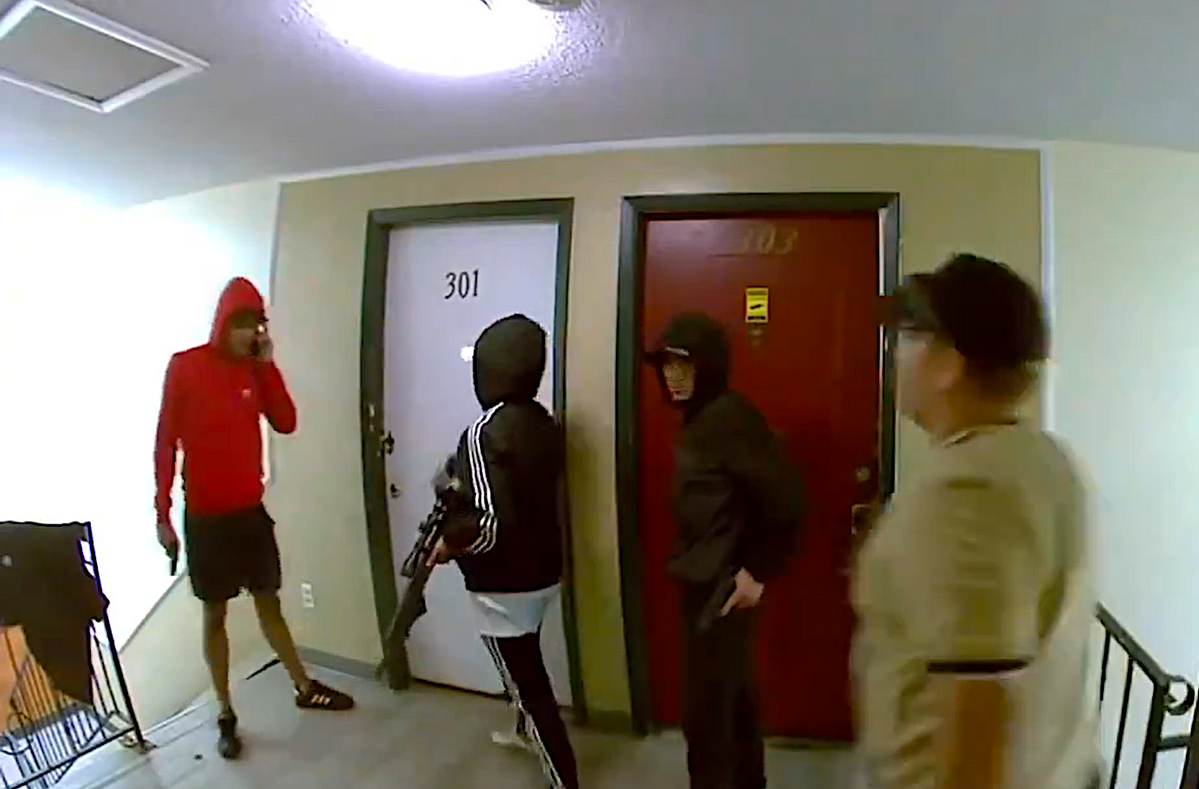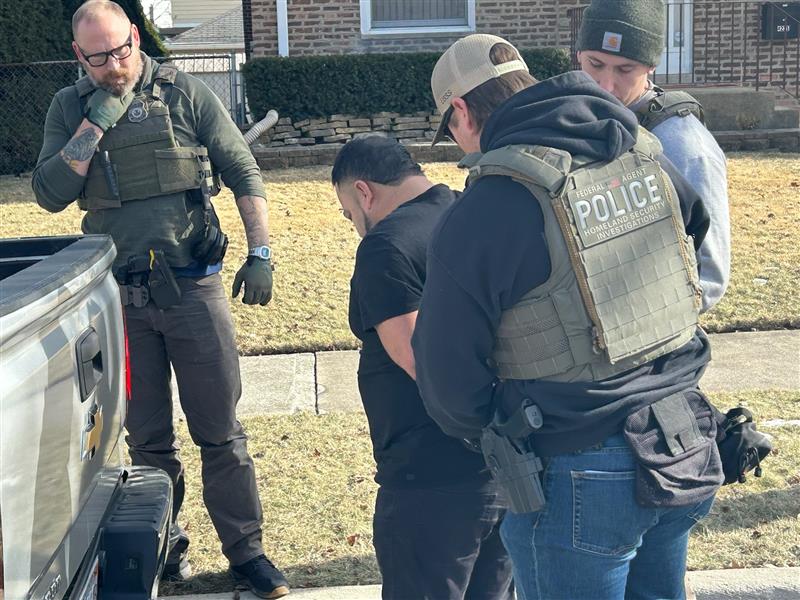- 14 3402-5578
- Rua Hygino Muzy Filho, 737, MARÍLIA - SP
- contato@latinoobservatory.org
 Denver Gazette
Denver Gazette
A recent secret assessment conducted by the U.S. National Intelligence Council, based on analysis of the country's 18 spy agencies, concluded that the Venezuelan government is not behind an alleged U.S. "invasion" by the Tren de Aragua gang. This conclusion is in direct conflict with the public allegations made by Donald Trump, who justified summary deportations of Venezuelan immigrants suspected of involvement with the group based on this theory, according to an article in The Washington Post.
The controversy escalated when the former presidentinvoked the antiquated Foreign Enemies Act of 1798 — last used during World War II — to deport alleged gang members without due process. These deportations were carried out despite court orders prohibiting such actions, generating strong tension between the Executive and the Judiciary. A federal judge even warned the government for its apparent disobedience, calling it an affront to the U.S. Constitution.
The intelligence document, which had almost unanimous support from agencies except the FBI, pointed only to sporadic contacts between the criminal group and the Nicolás Maduro regime, with no evidence of direct command by the Venezuelan government. Independent experts confirmed the analysis, arguing that the Tren de Aragua, which emerged in Venezuela's prisons, has expanded as a decentralized organization without a rigid hierarchy, more associated with a "crime brand" than a state-controlled apparatus.
Despite evidence to the contrary, Trump and allies continue to defend the narrative that mass deportation is necessary for national security. They also accuse members of the intelligence community of being part of an alleged "deep state" aligned with the press to undermine their policies. Meanwhile, Democratic lawmakers are calling for more transparency about intelligence data, demanding explanations about the use of the law as justification for extreme measures.
The episode reveals an intense dispute between
politics and legality, where the use of obsolete laws, the clash with the
Judiciary and the appeal to unproven theories serve as a backdrop for decisions
that directly impact the rights of immigrants and the constitutional
foundations of the United States. At the center of the controversy is not only
the veracity of the accusations against Tren de Aragua, but the very integrity
of democratic mechanisms in the face of controversial presidential actions.











